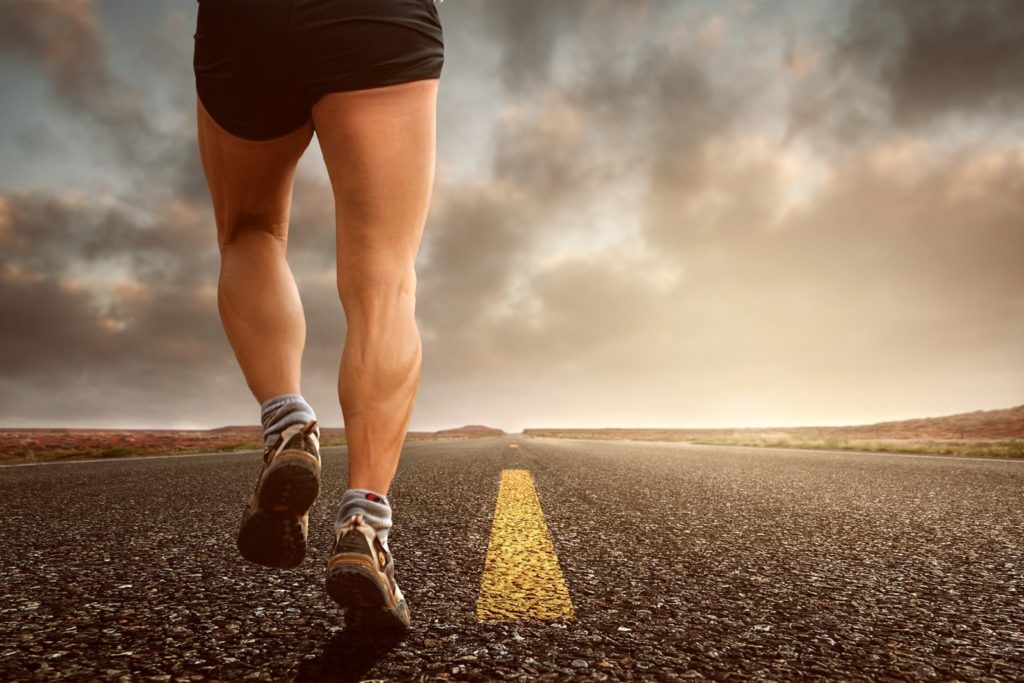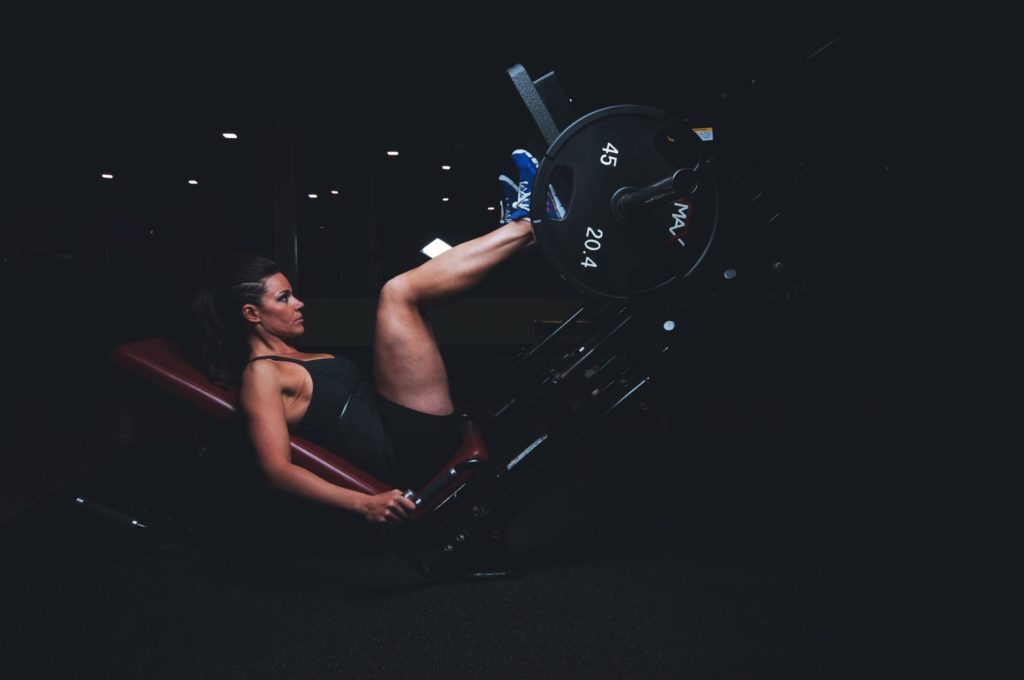Ski Fitness Weights vs Bodyweight
Ski fitness Weights or body weight?
One of the most frequently asked questions when talking about ski fitness training: should i workout with weights or just by using my body weight?
Before going through the pros and cons of these two methods it is useful to make a general note first. Strength and conditioning training is often defined as “the art of mixing science and 6th sense”. Today we are lucky enough to have a huge amount of sport literature and case studies to learn what other trainers have done with their athletes and the results they achieved. The millions of variables that occur between the theory (even if scientifically tested) and the actual practice often requires the coaches to modify things on the field. The original plan just goes out of the window. Also (specially) at high levels. The ability of the coach and the athlete to “feel” what’s going on and adapt are often more important than the first plan.
On this article we will take a look at how we can decided when training with overload or with bodyweight can be beneficial. Coaches and athletes will ultimately have to make the final decision, based on their own experience from the field.
Ski fitness – Body Weight Training
– Young athletes and people that are starting again after a period of inactivty (injury, age, illness) could greatly benefit from body weight training. The absence of an extra weight to move/carry around allows the practice of exercises that have more complex movements. Coordination, balance and stretching exercises are all better done with just body weight. This way we can also learn movements that can, later on, be used to train with an overload.
– Speed. Disciplines, like skiing, that requires fast reaction times and muscle twitch will benefit from fast execution on dryland exercises. This way we can get used to move fast and coordinate the rest of the body at that speed.

– Lactic Acid Training. Skiing, again, also requires the ability of overcoming the pain of the lactic acid building up in the muscle. Doing jump squats can be safer than doing overload squats, as there is no barbell we can lose girp of when getting too tired..
– Expert Athletes. Body weight exercises are a constant choice at every level, all the way to elite athletes. They just allow more imagination to come up with variations of the same routine, taking away the boredom of doing the same thing every day.
Sounds like i could just train myself without weights then! Correct.
The advice is actually to start training mainly on body weight. It will help gaining a strong experience in the body management as well as a basic strength that will allow us to reach the next level of performance.
Ski fitness Weights Training
Extra load can help on a number of factors. Let’s have a look at the main ones.
– Maximum strength. One of the most effective ways of training strength is through pushing or pulling loads that are close to our maximum effort. For a practical reference imagine how many squats you can do just with your body weight. Probably a few dozens. If you want to improve your maximal strength then you should be train with loads that allow you to make 1 to 3 reps. Pretty impossible to achieve with just body weight!

– Hypertrophy. Or muscle growth. It can be done with bodyweight exercises but in many cases it’s just a lot simpler (for the coach and the athlete) to achieve those results by moving external weights. Barbells, dumbells and gym machineries give a wide range of choice, helping making training less boring and more effective on the long term.
– Mental state. It’s undeniable that being able to move bigger weights does boost confidence and motivation. These two emotions are often more important than a lot of other reasons!
Conclusions
It is normal to have a prefrence of one method over the other. And there is nothing wrong in that. The ideal scenario would see the two mixing together during the preparation towards the ski season. This way, one can completes the other and brings as many results as possible by the end of the training cycle. The important thing is avoiding getting stuck with just one. Spending six months using jumps as a training tool (for example) and avoiding weights doesn’t make much sense; after all the researches we have on the benefits of weights training. Viceversa, training always under an overload can result in a loss of agility and coordination of complex movements, useful skills to have on the ski slopes.
As often occurs in life, balance is in the middle.

Interested in more ski fitness training? Check out the strength and conditioning blog or the ski news blog!